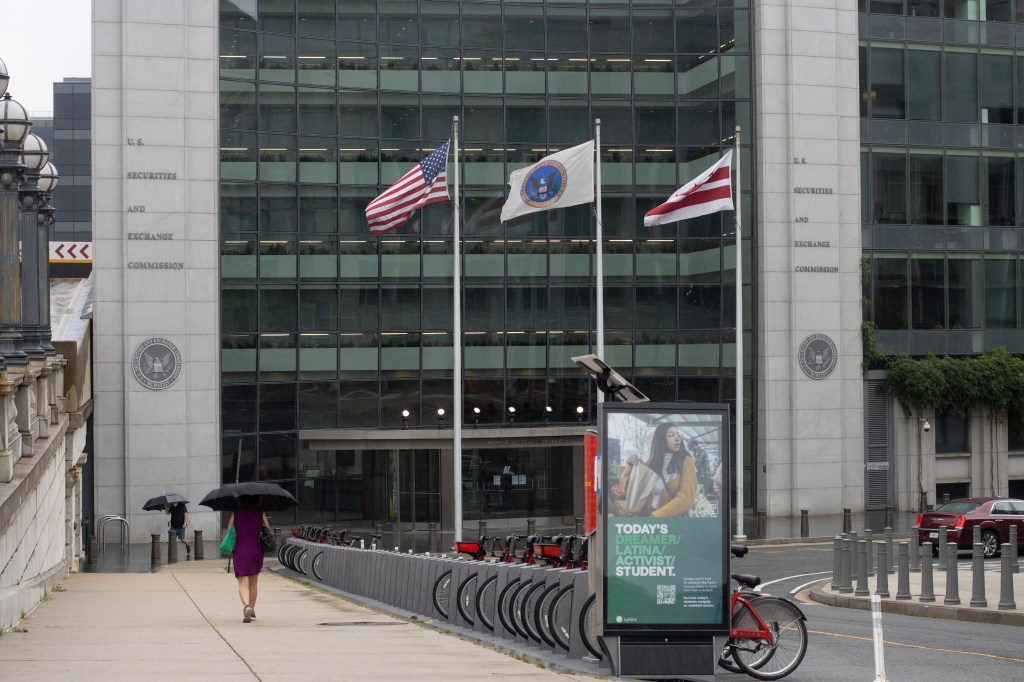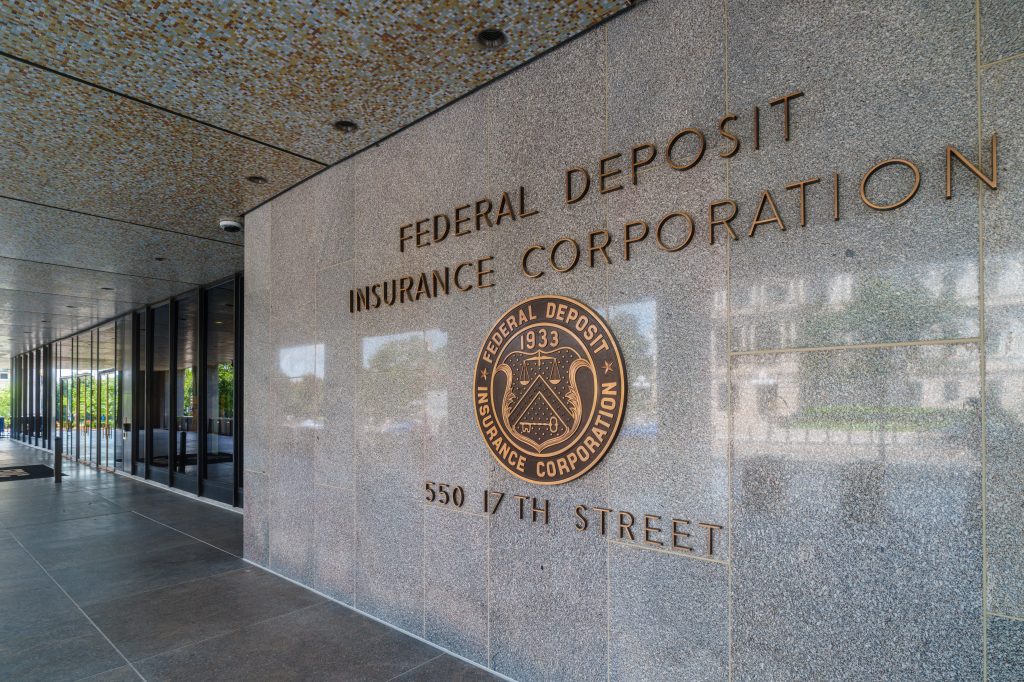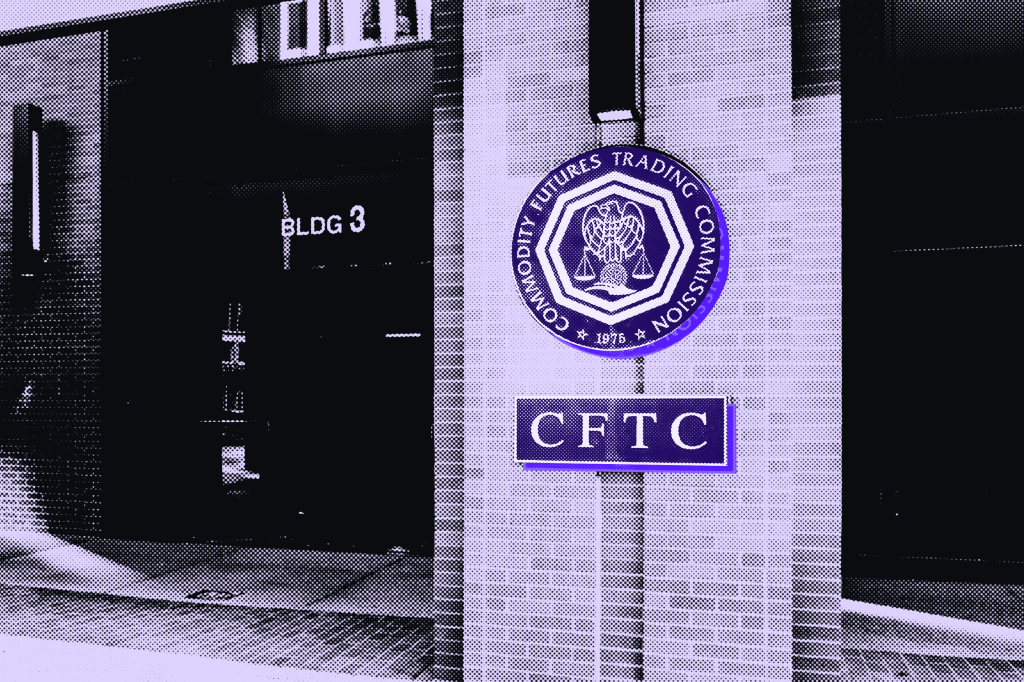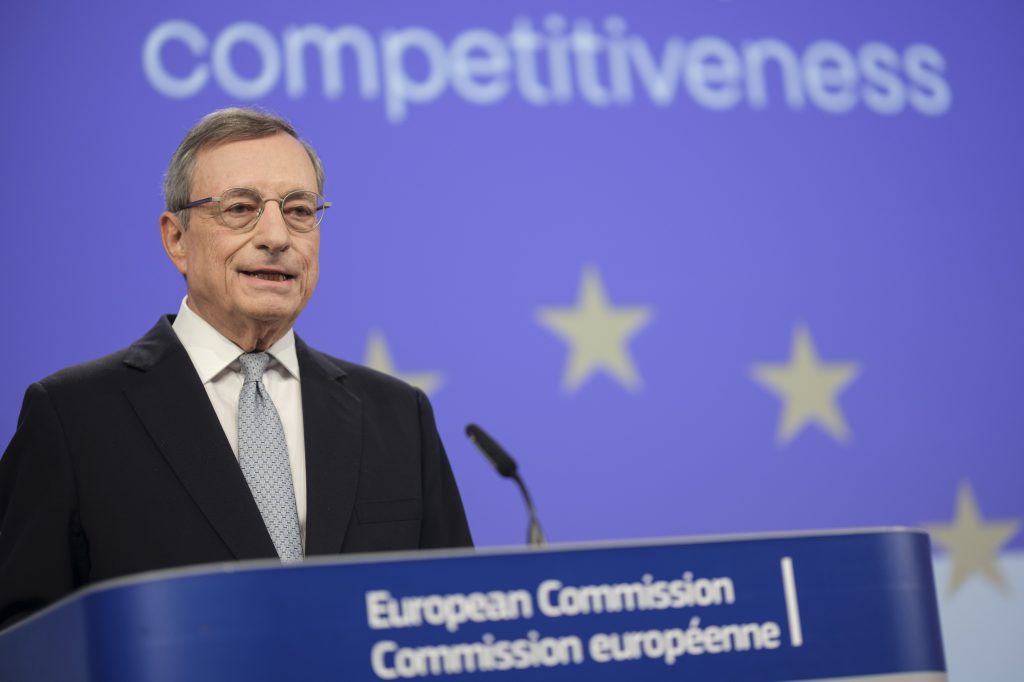Repeated failure to correctly report millions of swap transactions to a registered swap data repository has led to a fine for the the Bank of New York Mellon.
The Commodity Futures Trading Commission (CFTC) settled charges with the bank, which contains the swap dealing business of parent company Bank of
Register for free to keep reading.
To continue reading this article and unlock full access to GRIP, register now. You’ll enjoy free access to all content until our subscription service launches in early 2026.
- Unlimited access to industry insights
- Stay on top of key rules and regulatory changes with our Rules Navigator
- Ad-free experience with no distractions
- Regular podcasts from trusted external experts
- Fresh compliance and regulatory content every day


















